The future of Air Canada’s pilots depends on an upcoming vote on a tentative agreement that offers significant salary increases. The union’s leadership is under pressure. The head of the pilots’ union has stated she will resign if members reject the deal. This ultimatum raises the stakes for aviators deciding whether to accept substantial wage increases or negotiate better terms.
Recently, the union reached a contract with Air Canada after more than a year of negotiations. This agreement, finalized last weekend, prevented a potential strike that could have caused 670 flight cancellations and disrupted operations for about 110,000 passengers daily. Under this new contract, the airline’s 5,400 pilots would receive a cumulative salary hike of nearly 42% over four years. This increase surpasses the gains made by pilots at major U.S. airlines last year, which ranged from 34% to 40%.
Despite the impressive figures, some pilots have raised concerns, especially newer recruits. They worry about the persistent pay gap between seasoned and less experienced employees. For the first four years under the current contract, pilots earn lower wages. Substantial increases only occur starting in the fifth year. This structure raises questions about fairness and equity within the ranks.
Some employees have called for eliminating the “fixed rate” provision, which keeps salaries stagnant regardless of aircraft type. Instead of completely removing this provision, the recent deal aims to shorten the period of lower pay from four years to two. However, hourly rates for the third and fourth years will still fall short compared to the significant increase pilots receive in their fifth year.
Typically, pilots log around 75 hours per month. Newer recruits may earn between $75,700 and $134,000 in the earlier years. This contrasts sharply with the nearly $187,000 expected in the fifth year. Experienced captains flying larger aircraft, like the Boeing 777, can earn over $367,000. The recent hiring surge has left over a third of the airline’s approximately 5,200 active pilots at entry-level wages, many of whom joined after long careers at other airlines.
In addition to salary considerations, pilots also weigh scheduling and quality of life before voting. Many pilots start their careers while raising families. The impact of extended absences can be challenging for their loved ones. Thus, the upcoming ratification vote will be crucial for immediate financial gain and the long-term well-being of Air Canada’s pilots. Lastly, don’t forget to check WentWorld.com and follow our social media channels for ultimate travel tips and destination guides.
Related stories:
Catch up on the top stories and travel deals by subscribing to our newsletter!

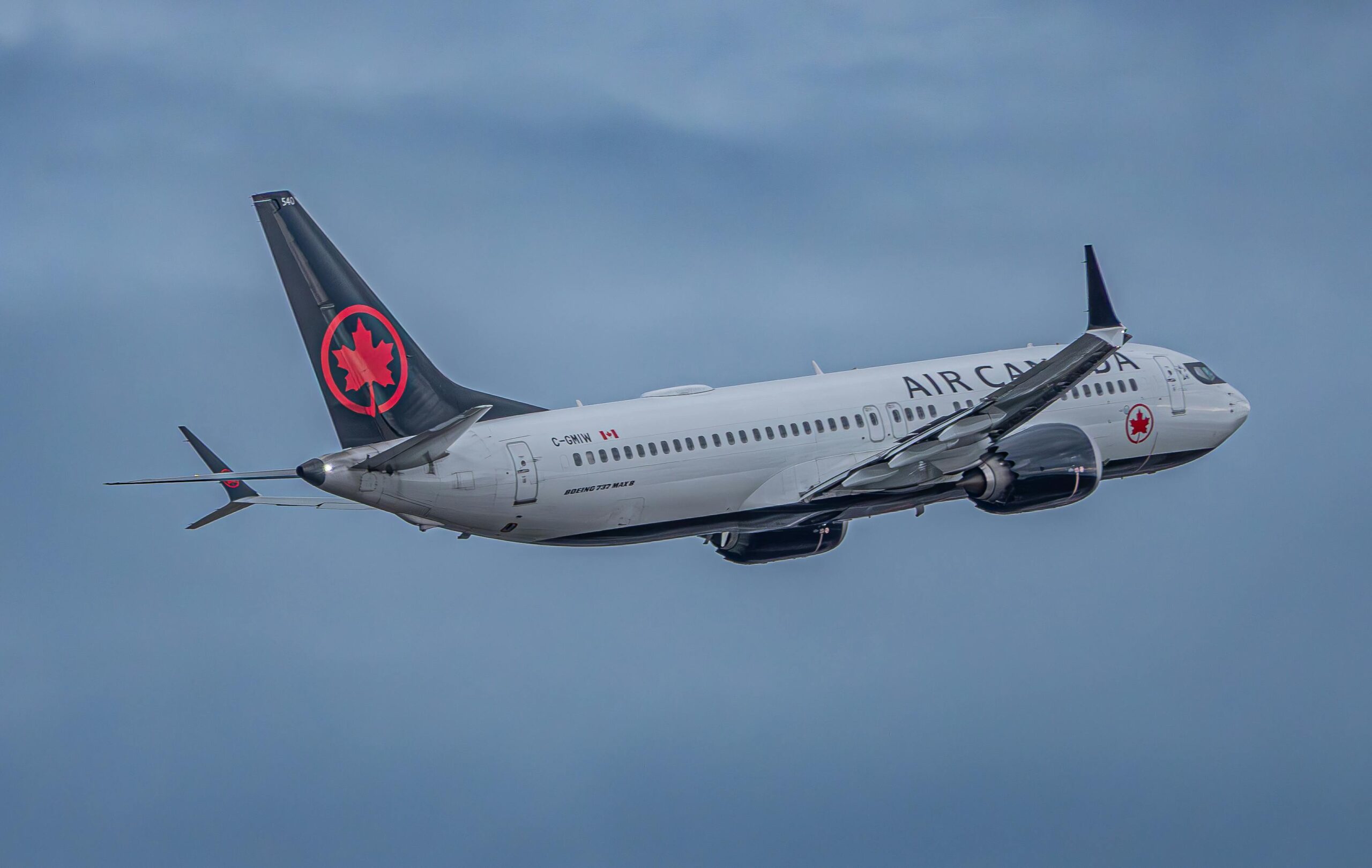


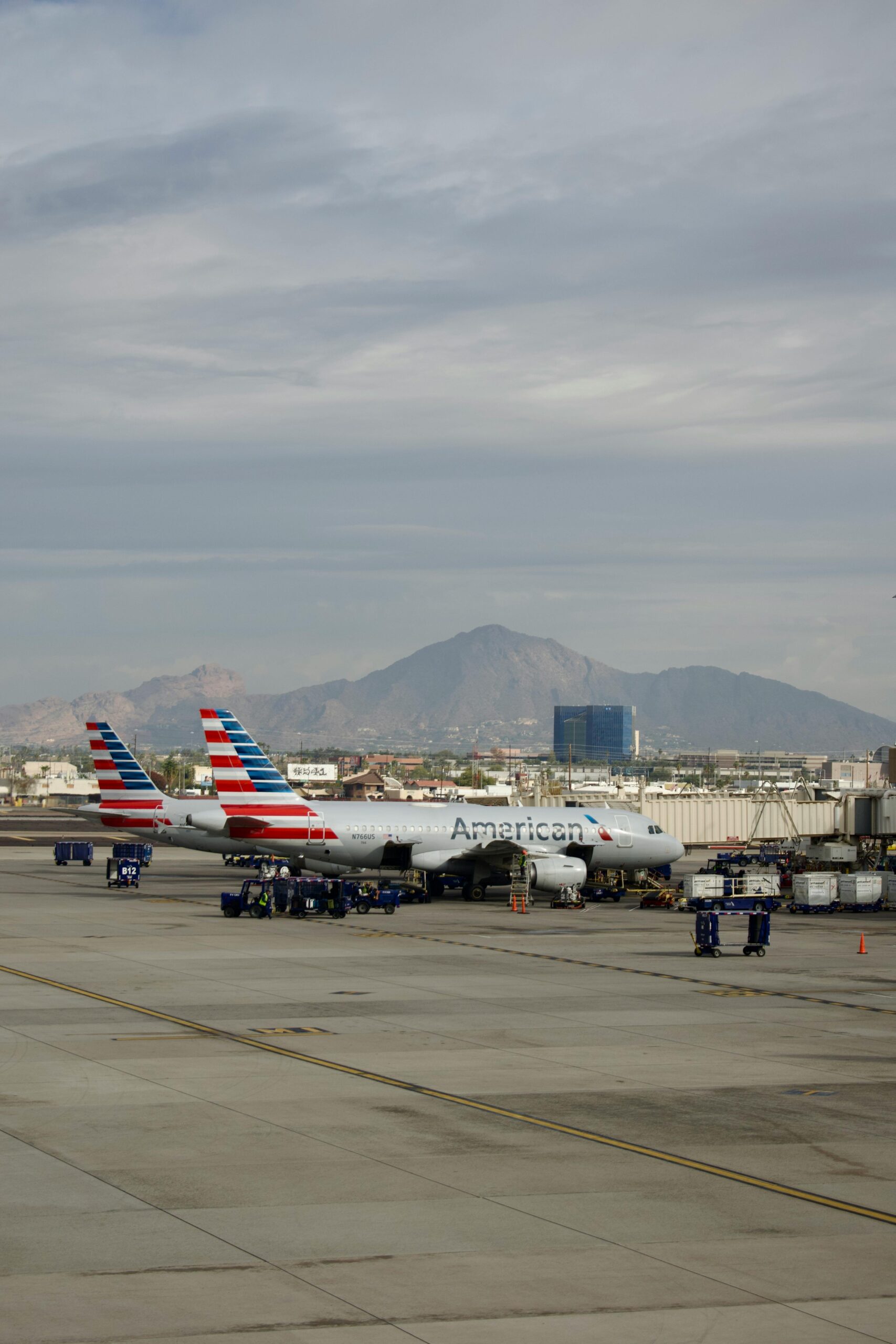
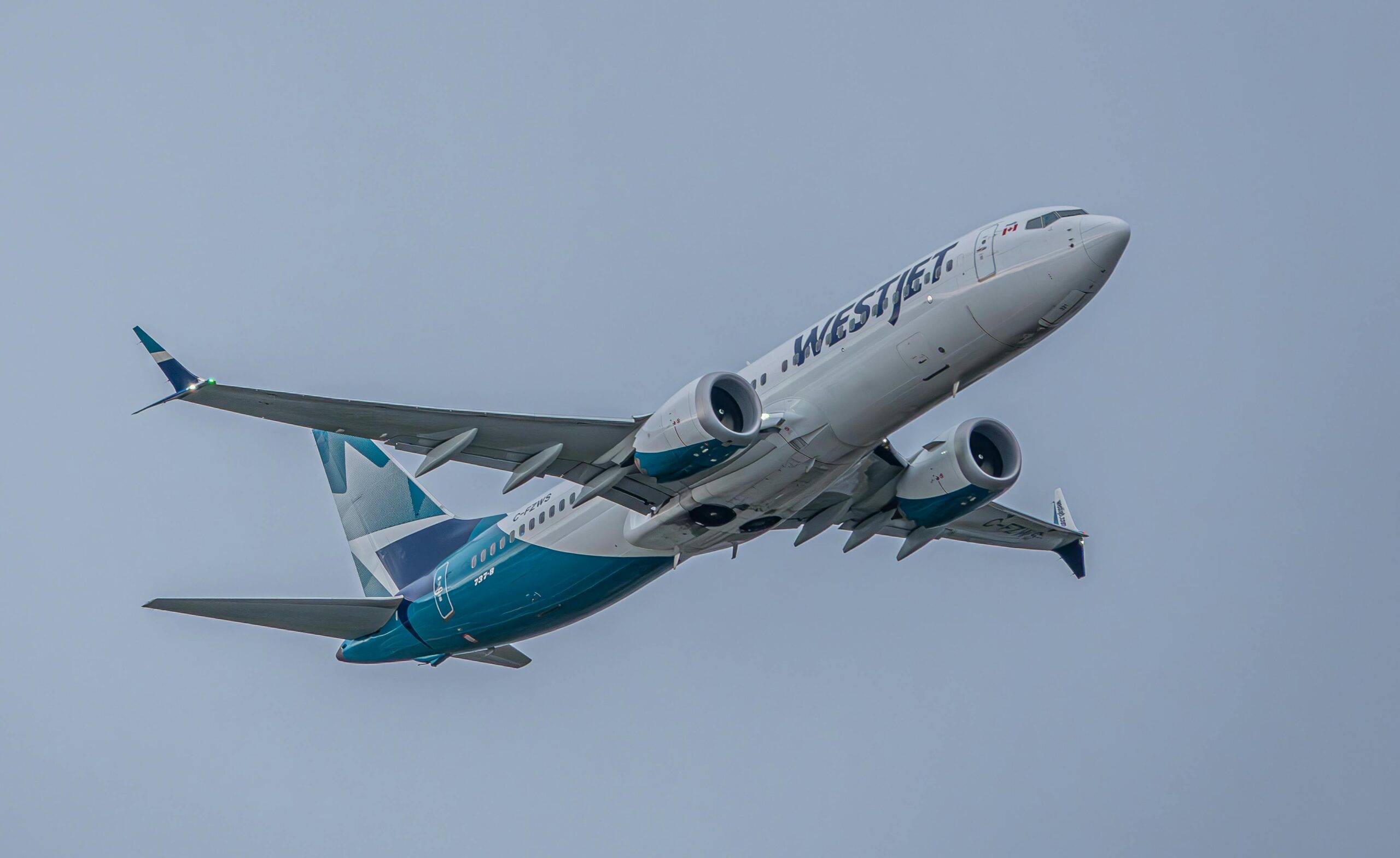
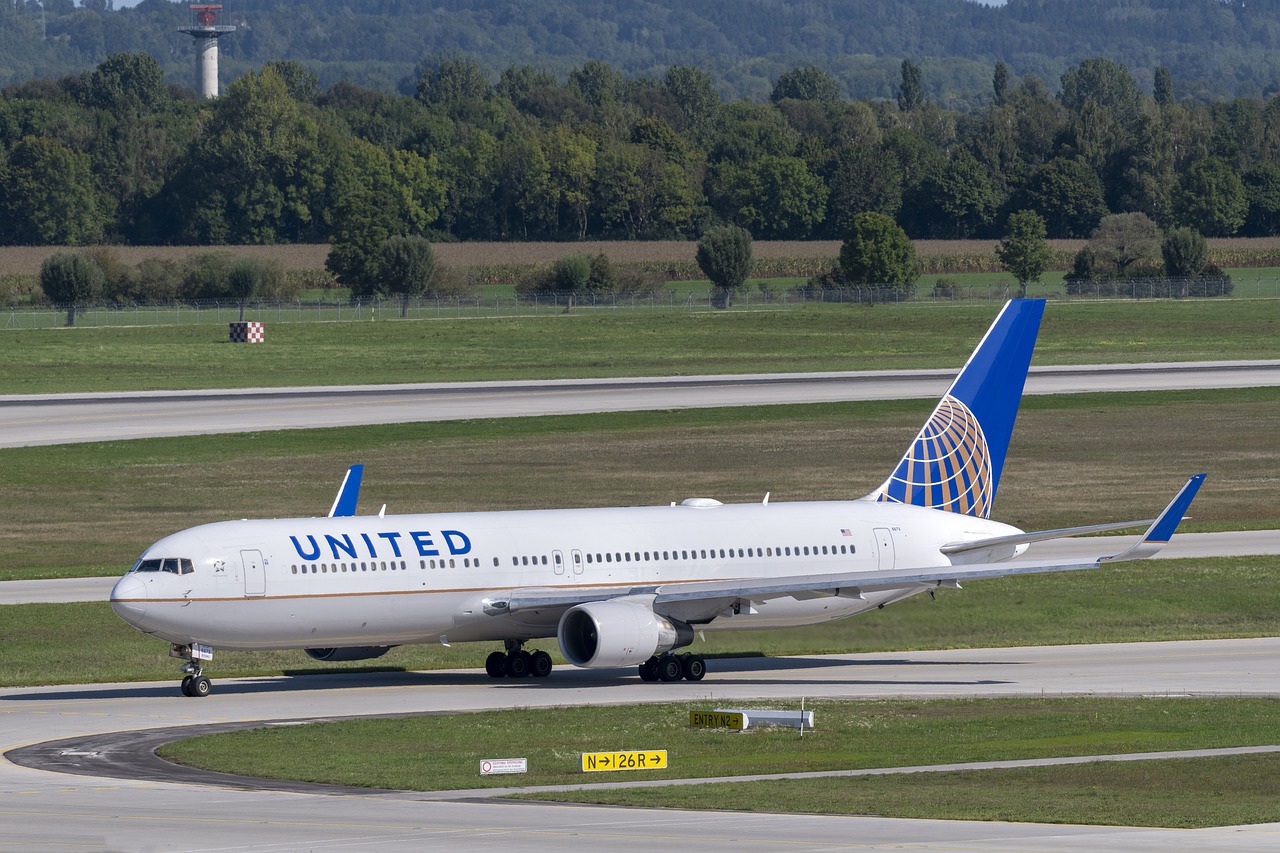
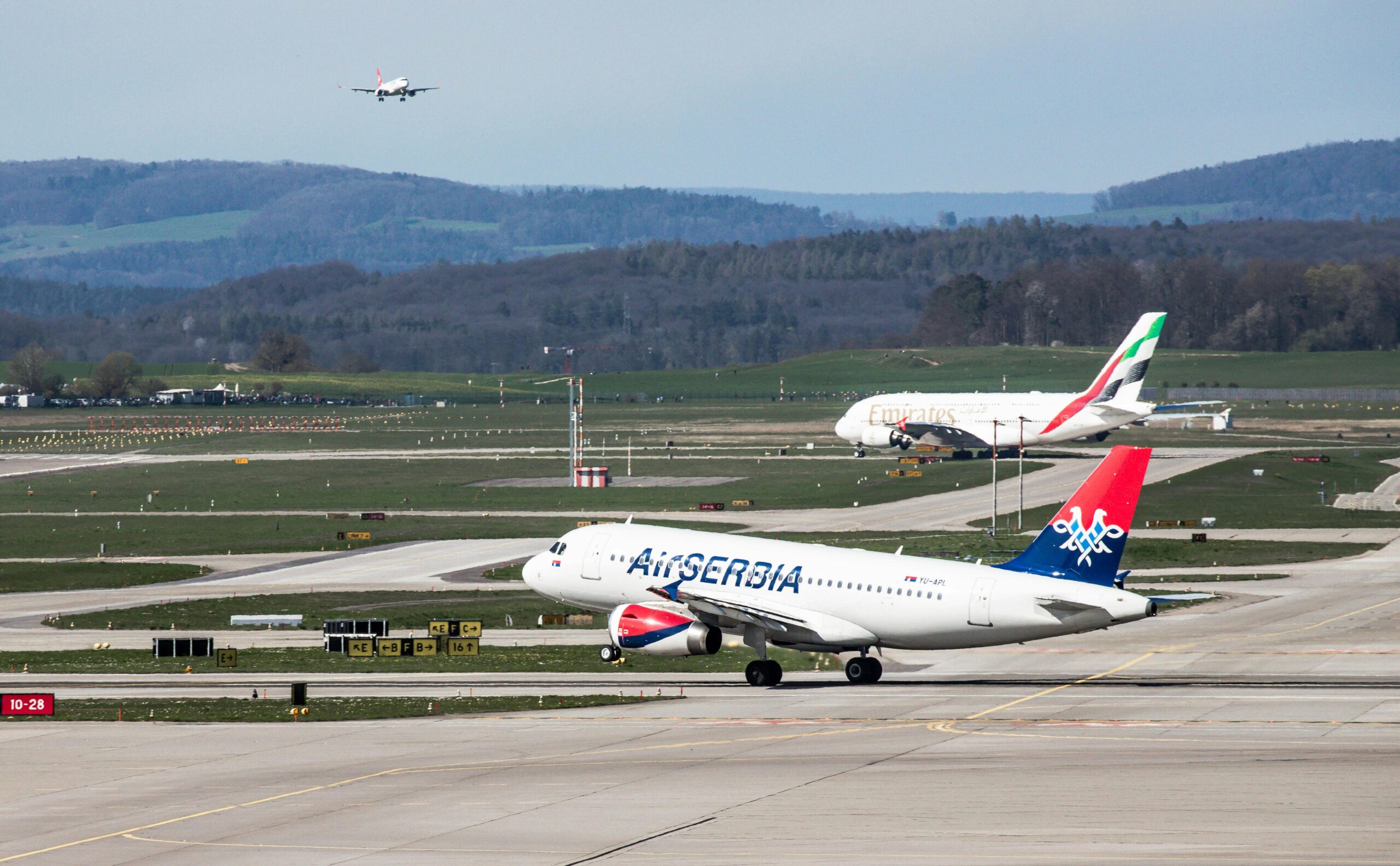




Leave a Reply